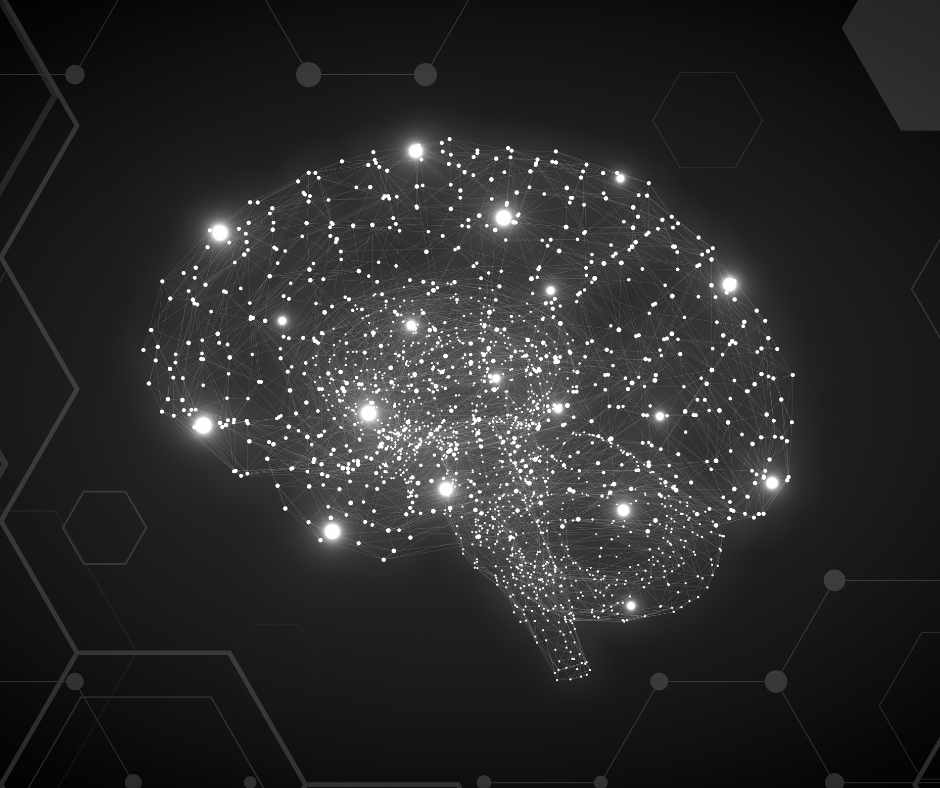- ADDRESS: Fortis Hospital, Mulund (400078)
- CALL US: +91-9892805422
- OPD: MON - Sat: 11:00 AM - 4:00 PM
Menu
FAST BeFAST Beyond the Acronym: Stress, Lifestyle, and Hidden Stroke Risks in Daily Life

The FAST Rule Everyone Should Know
Most people know the word FAST when it comes to stroke: F – Face drooping A – Arm weakness S – Speech trouble T – Time to act And yes, this acronym saves lives. If you recognise these symptoms and act quickly, you can prevent permanent disability or worse. But strokes rarely come out of nowhere. Your body usually gives you warnings much earlier — through stress, lifestyle diseases, and small everyday habits that quietly damage your blood vessels.Stress and Stroke – Is There Really a Link?
I often hear patients say: "Doctor, it was just stress. I didn't think stress could cause a stroke." Stress itself doesn't suddenly create a clot in your brain. But constant stress raises blood pressure, sugar, and cholesterol. It disturbs sleep. People cope with it by smoking more, drinking more, or avoiding exercise. Each of these adds to stroke risk. Together, they become dangerous. I still remember one of my patients, a 42-year-old marketing executive. No family history of stroke. He worked late nights, lived on coffee, and skipped exercise because of deadlines. He brushed off his headaches and fatigue as "just stress." One morning, while getting ready for work, his speech suddenly slurred and his right arm felt weak. Luckily, his wife recognised it could be a stroke and rushed him to the hospital. We treated him in time, and he recovered. But that episode changed his life — and his habits. So yes, stress and stroke are very much connected — not directly, but through the damage stress sets into motion.Lifestyle Diseases – The Silent Partners of Stroke
High blood pressure, diabetes, obesity, cholesterol — I call them the "silent partners." They slowly injure blood vessels over years.- ✓ High BP weakens vessel walls
- ✓ Diabetes changes blood flow
- ✓ Cholesterol clogs them like grease in a pipe
Early Signs of a Mini-Stroke (TIA)
One important warning sign is a transient ischemic attack (TIA) — or mini-stroke. The symptoms may last only a few minutes and then vanish. But please don't ignore them. A TIA is the body's warning shot that a bigger stroke could be coming soon. The signs include:- ✓ Sudden weakness or numbness in face, arm, or leg (one side especially)
- ✓ Slurred or confused speech
- ✓ Sudden dizziness or balance loss
- ✓ Blurred or double vision
Stroke Treatment in Mumbai – Why Every Minute Counts
When it comes to stroke, we say: Time is Brain. Every minute of delay means brain cells dying. That's why rushing to the hospital is critical. In good hospitals, treatments like clot-busting injections or thrombectomy (where a neurosurgeon removes the clot) can save brain tissue — but only if done quickly. In Mumbai, advanced stroke care is available. If you're searching for a brain stroke specialist in Mumbai or thrombectomy neurosurgeon in Mumbai, choose someone with both emergency and long-term stroke care experience.Can We Prevent Strokes?
The good news is: yes, often we can. Prevention is about small daily choices:- ✓ Keep blood pressure, sugar, cholesterol under control
- ✓ Quit smoking
- ✓ Get 6–8 hours of proper sleep
- ✓ Exercise — even a 30-minute walk helps
- ✓ Manage stress through yoga, meditation, or hobbies
Frequently Asked Questions
- Q: Can stress cause a stroke?
Indirectly, yes. Stress raises BP, sugar, and cholesterol, which set the stage for stroke. - Q: What are warning signs of a mini-stroke?
Sudden weakness, slurred speech, dizziness, vision problems — even if they go away in minutes. - Q: Is stroke only an old-age problem?
Not anymore. Many patients are in their 30s and 40s due to lifestyle risks. - Q: What should I do if I suspect stroke?
Act FAST. Rush to a stroke-ready hospital. Every minute matters.
